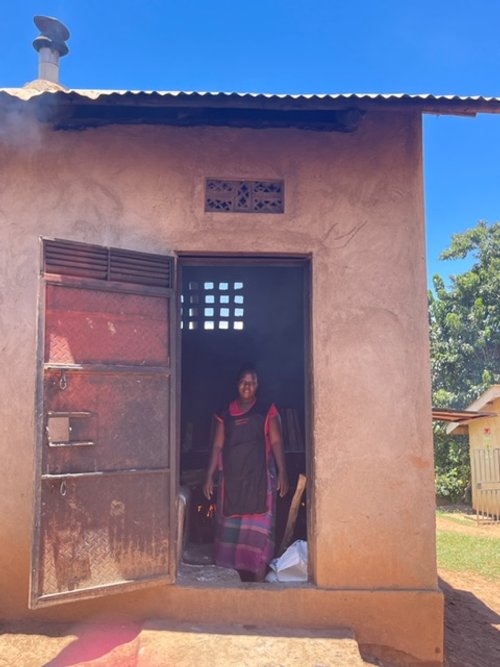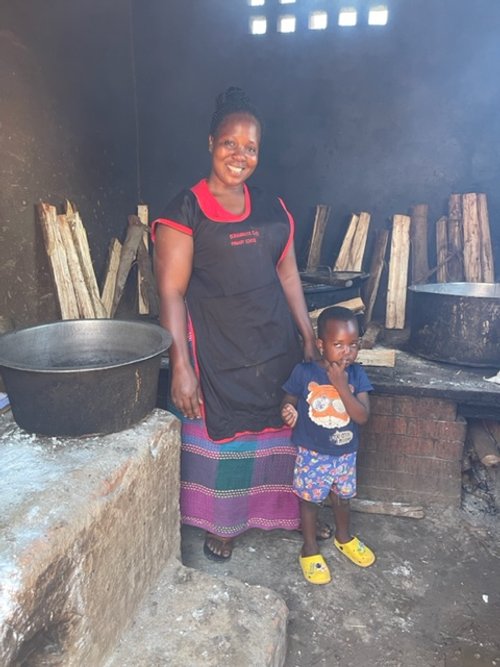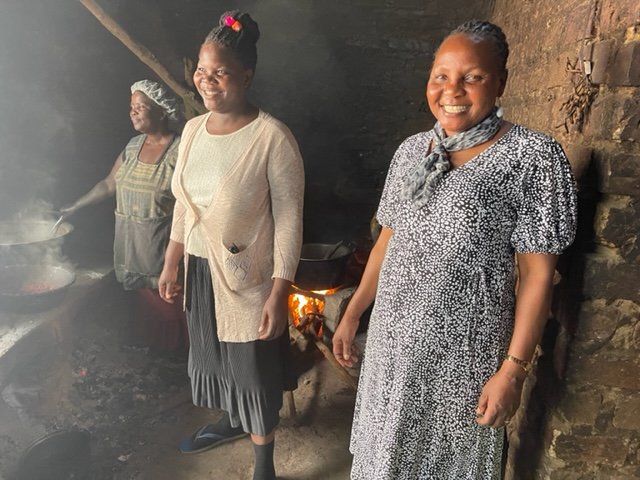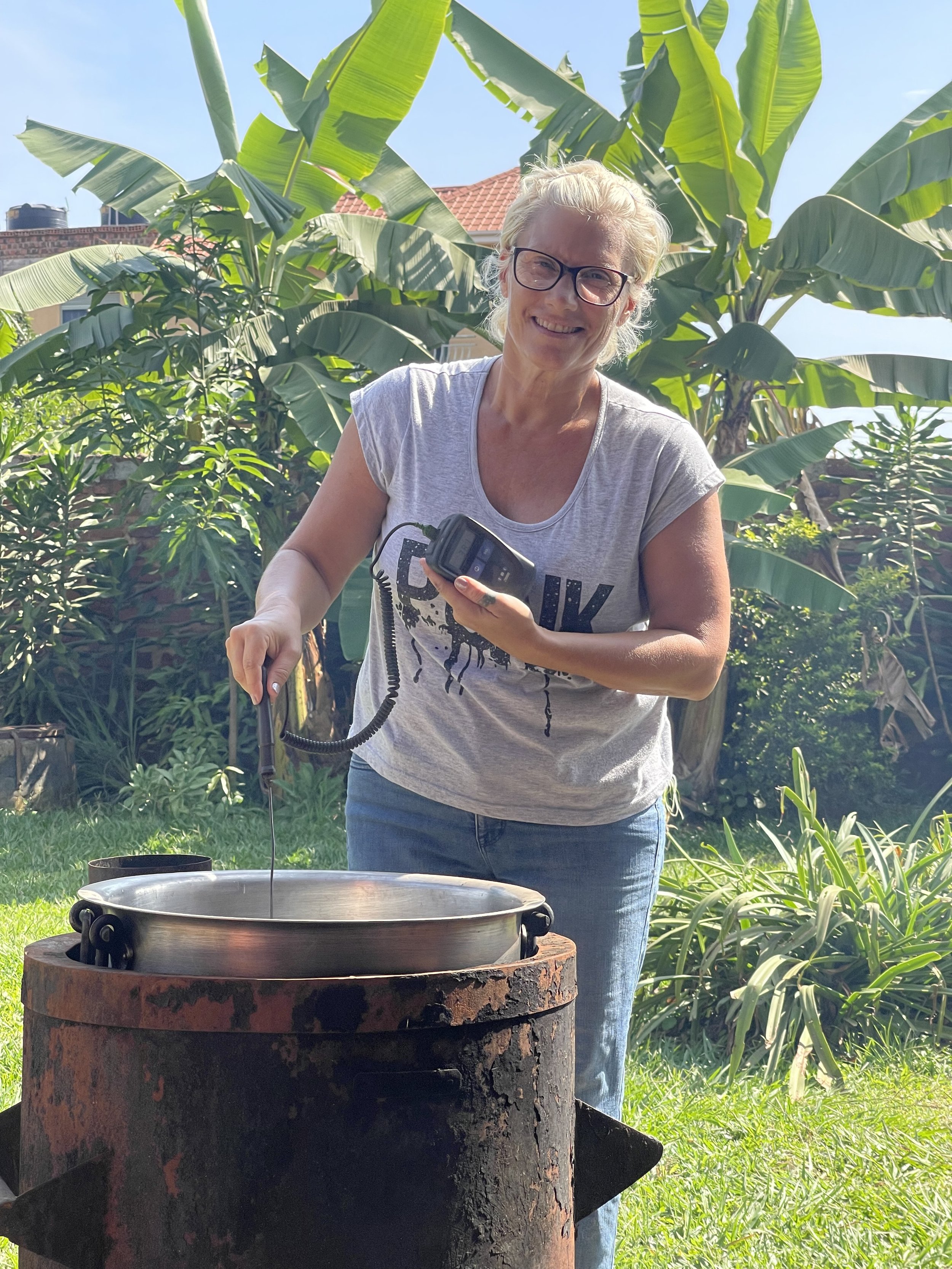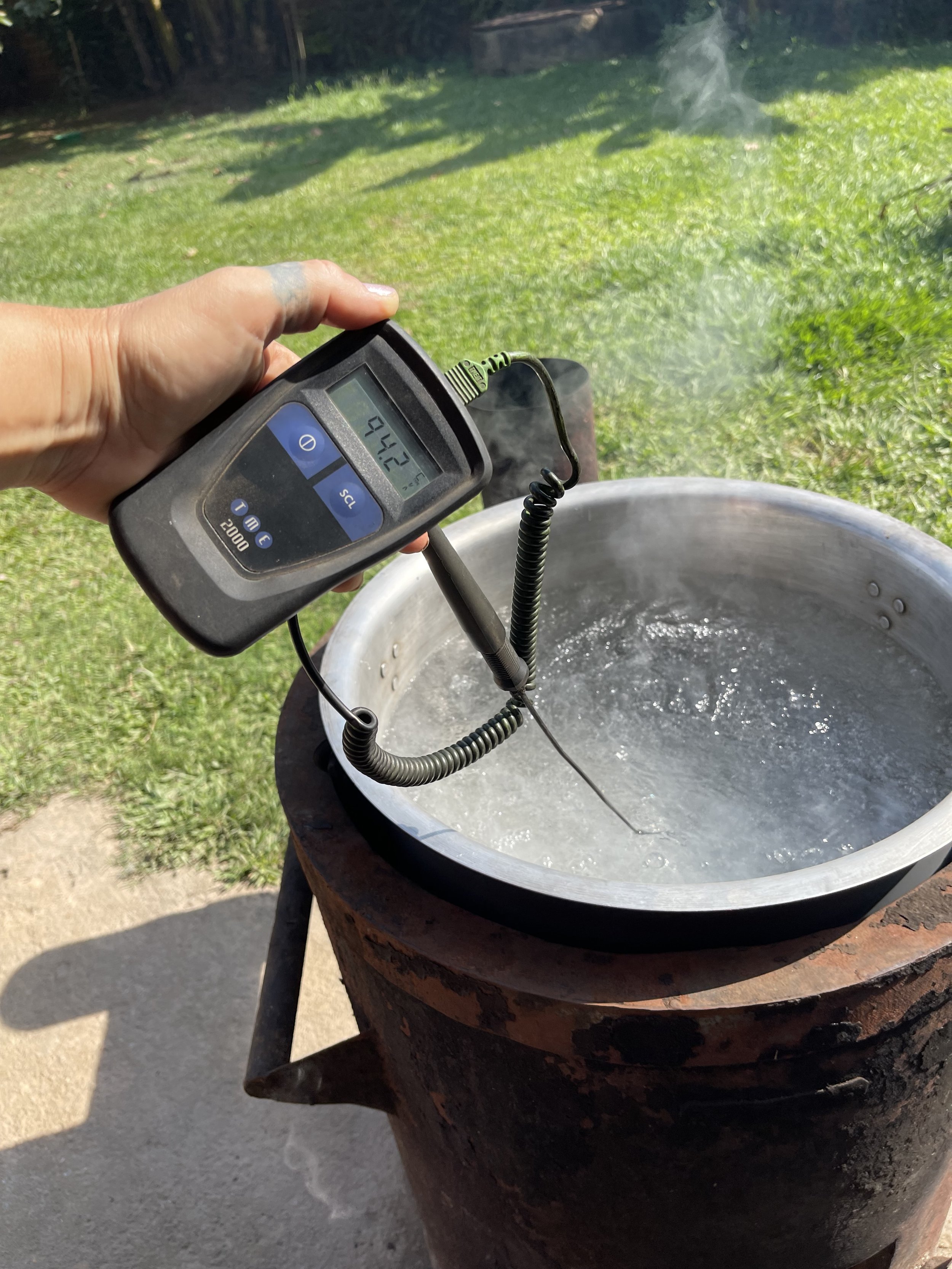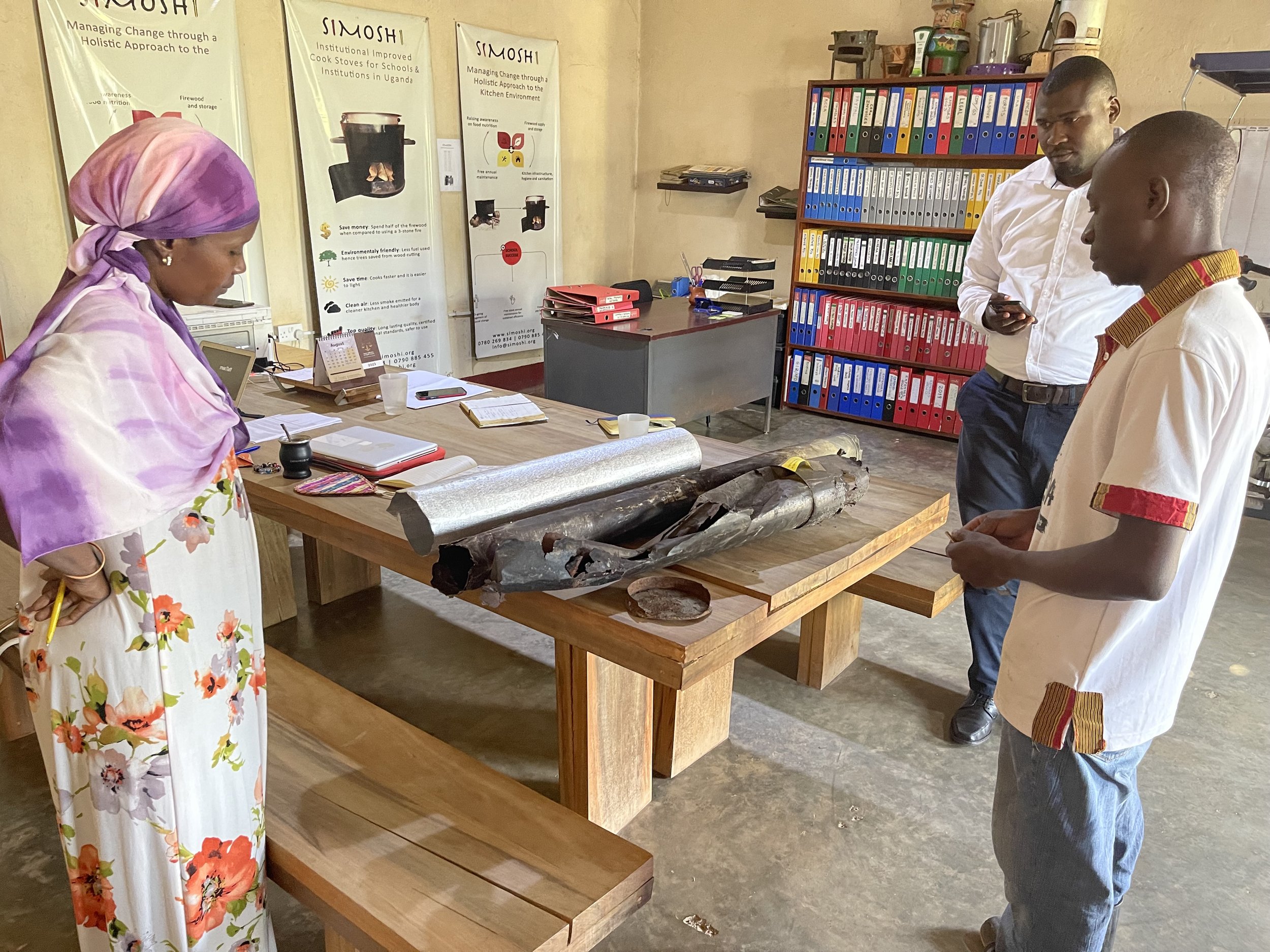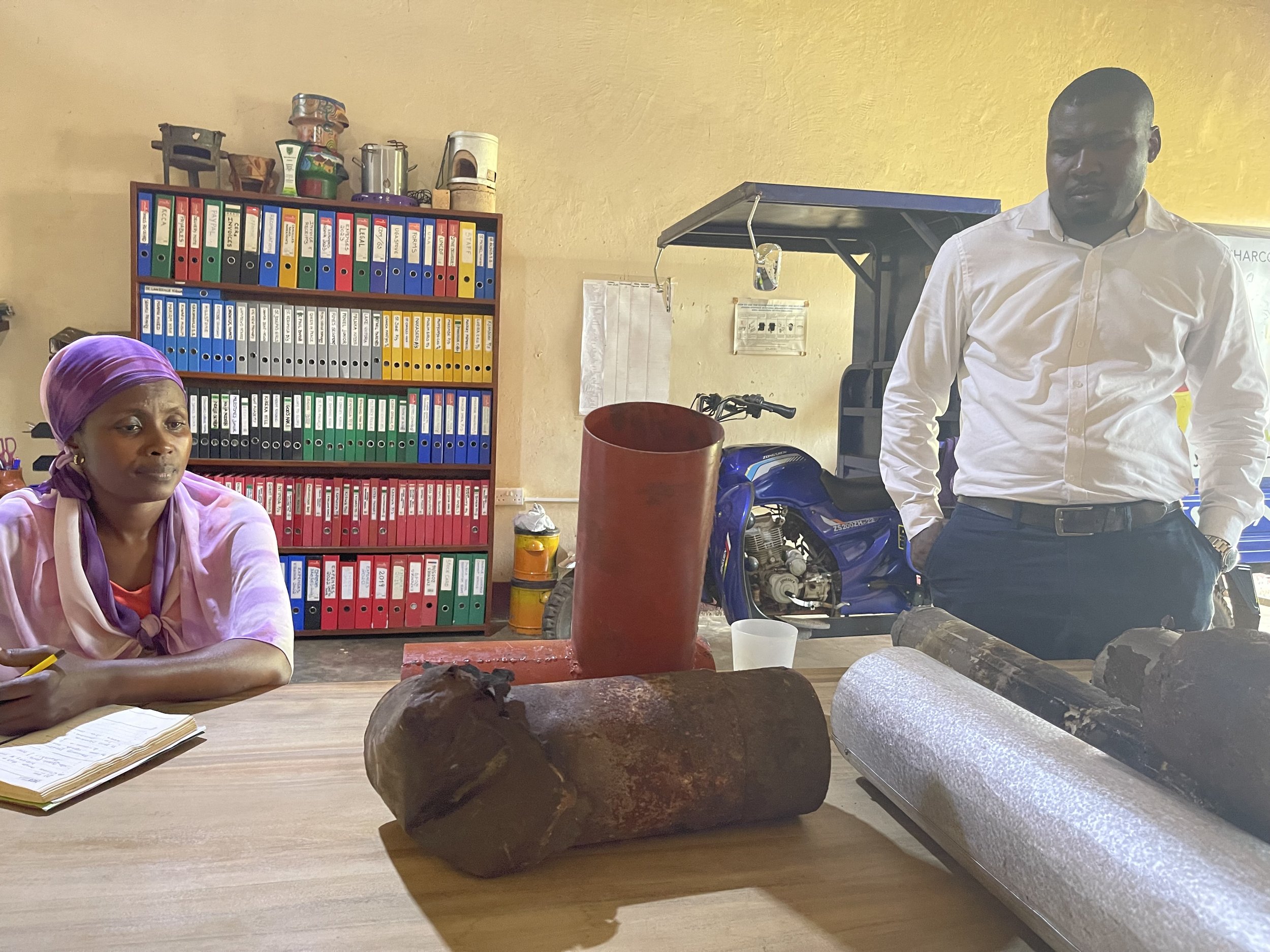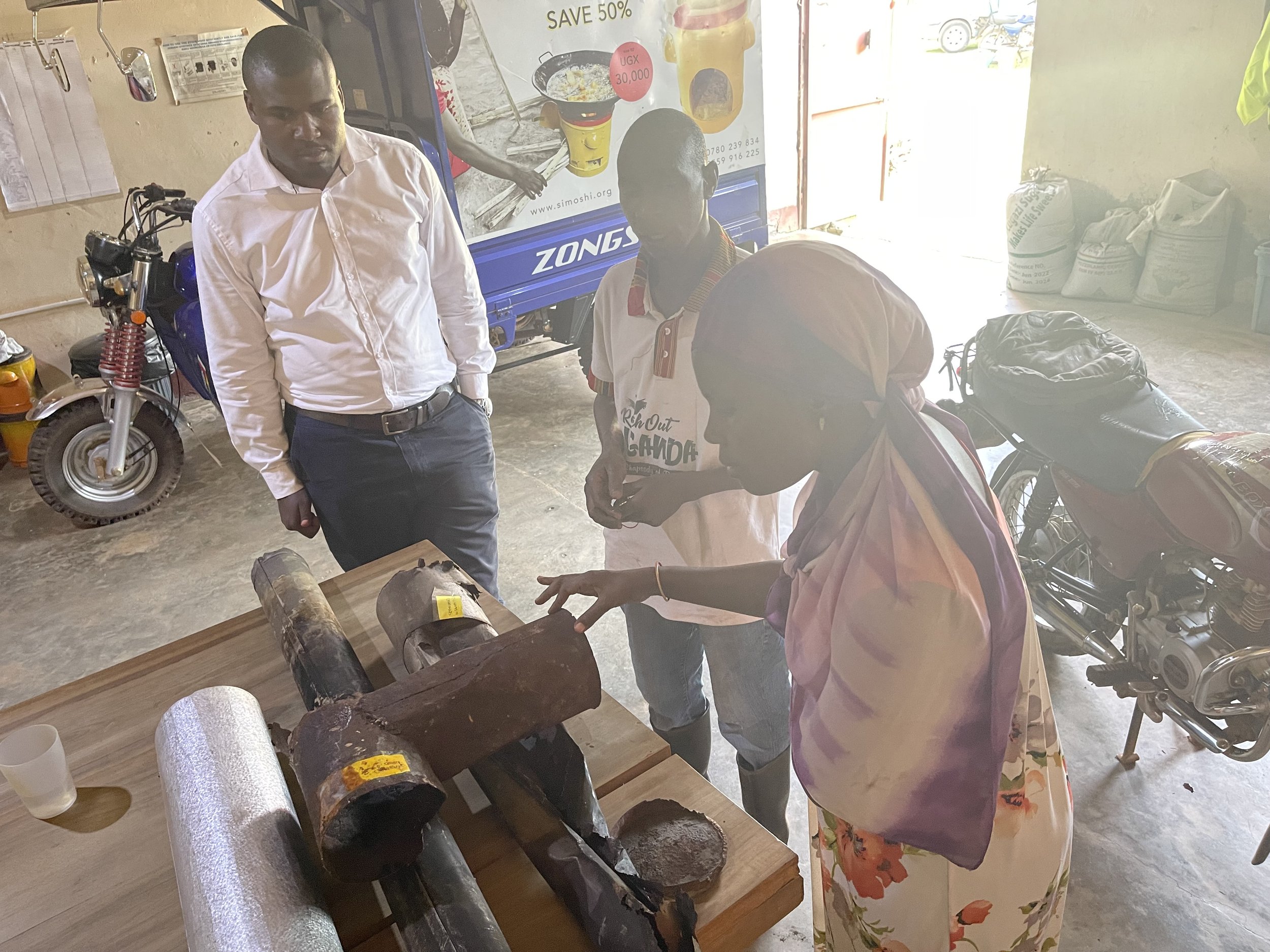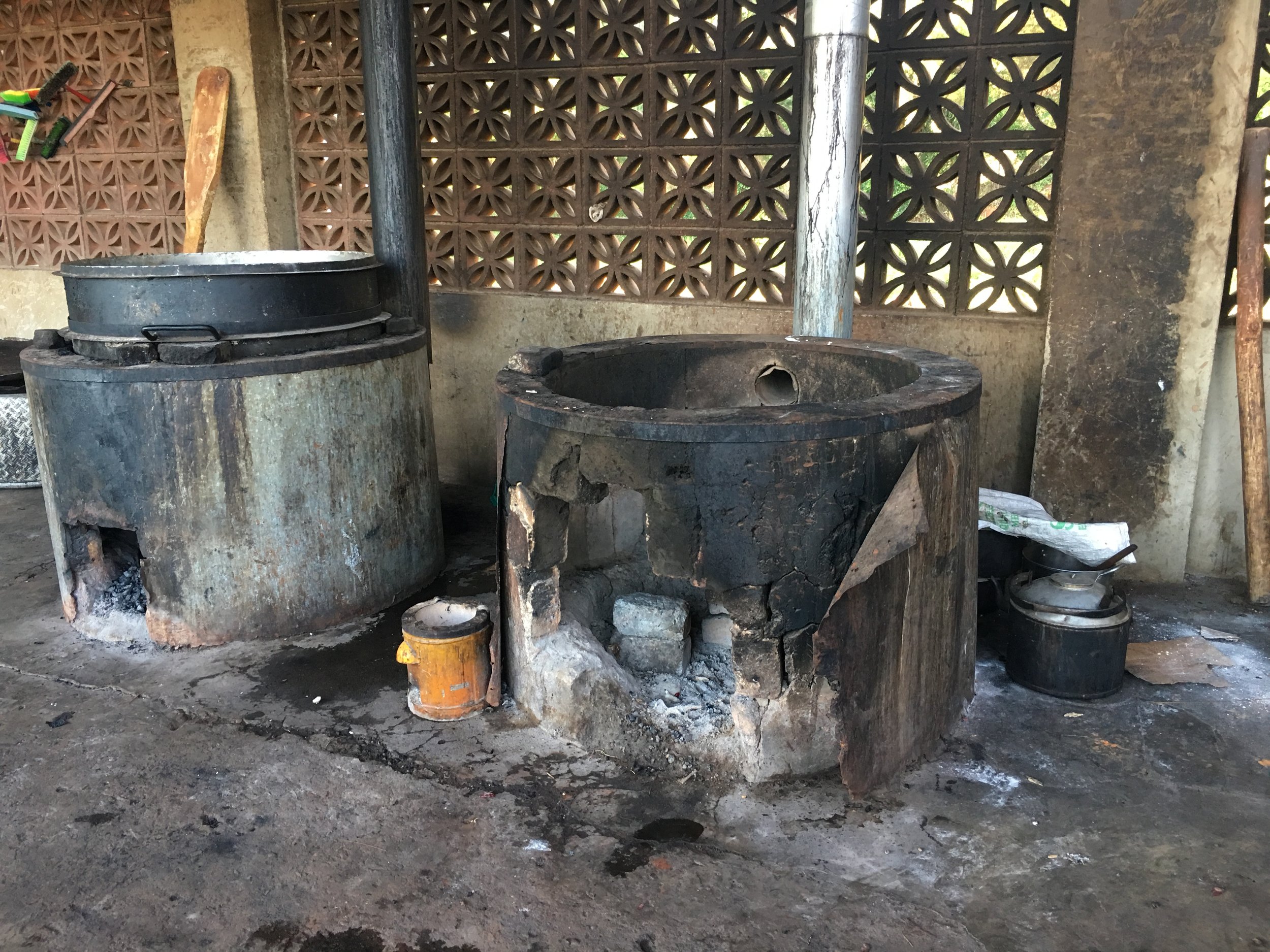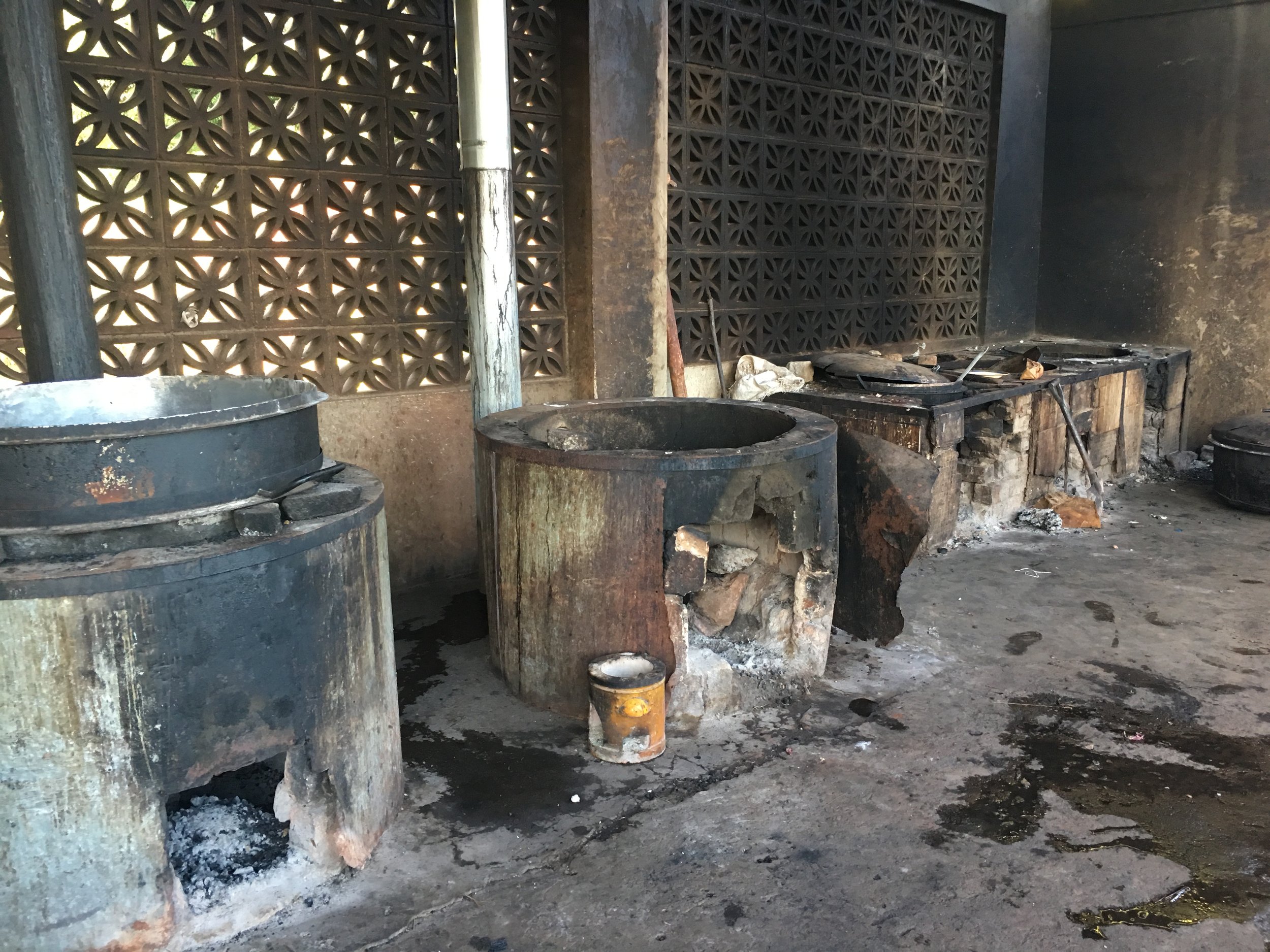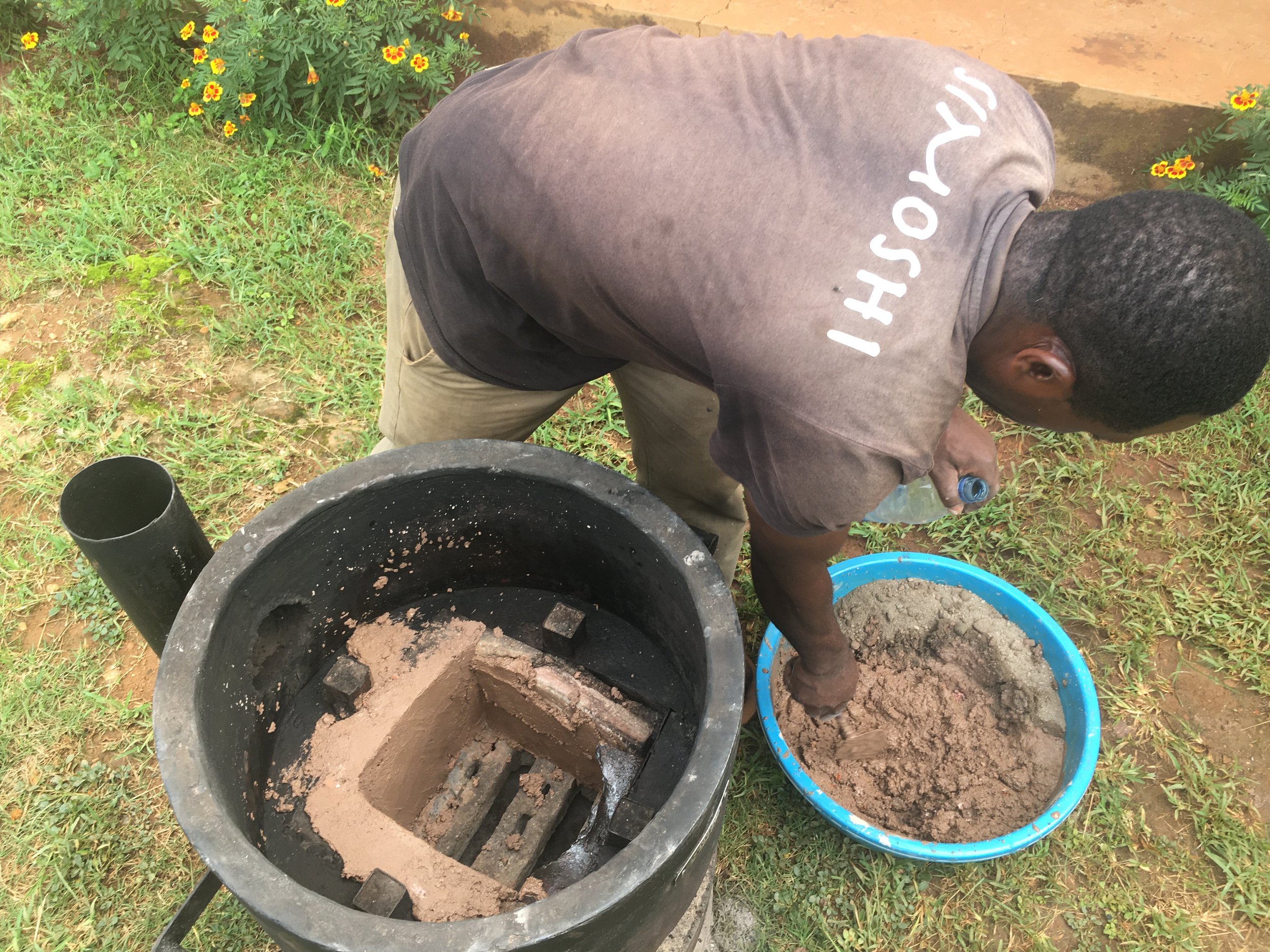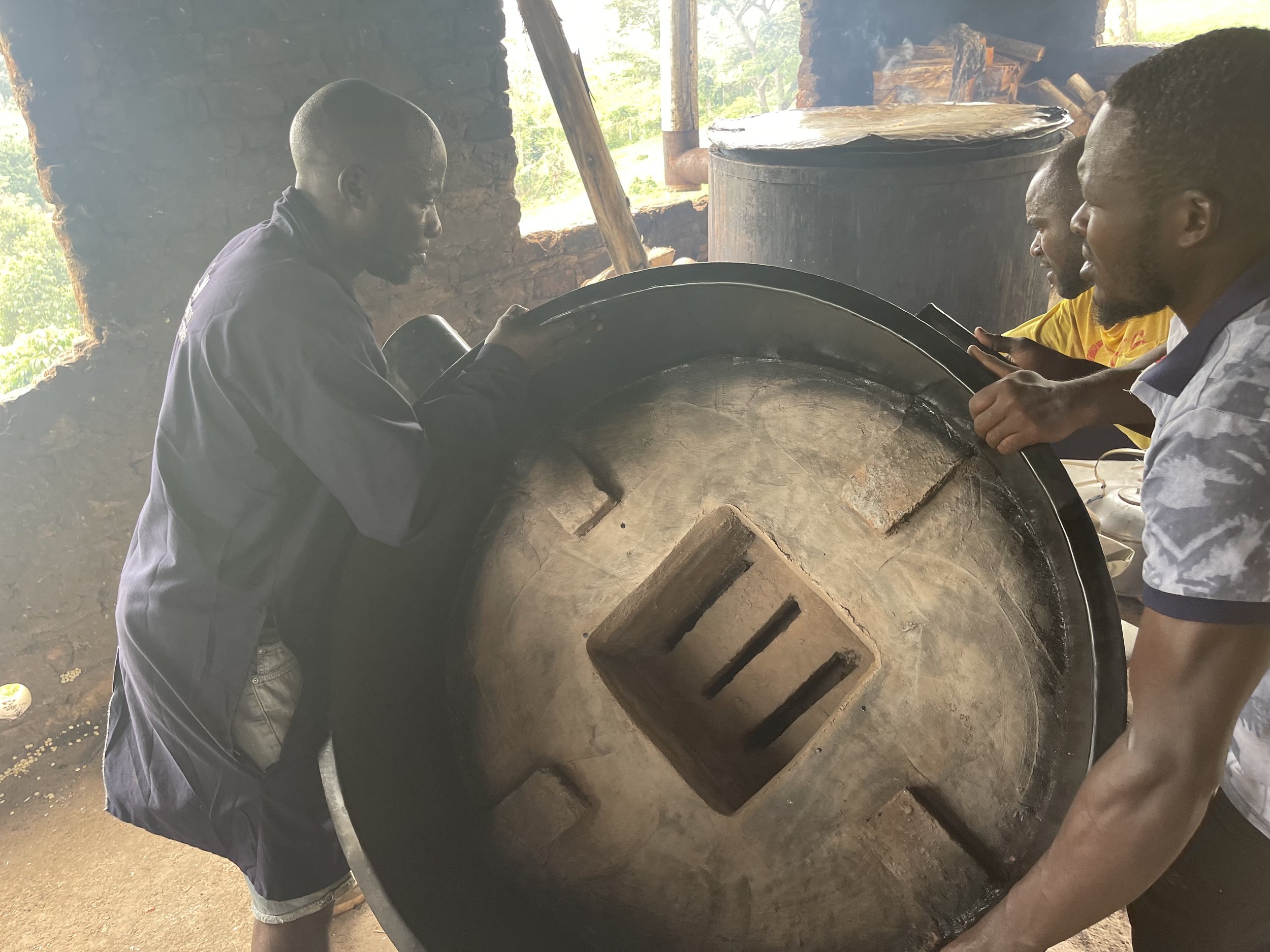Women disproportionately endure the negative consequences of traditional cooking practices. Lack of clean cooking prevents many women and girls from accessing education, earning a wage, or starting a business that would deliver financial autonomy.
In Uganda, like in several parts of the world, they typically have little say over household spending, with other purchases prioritised over clean cooking devices. Under-representation of women within executive institutions means that clean cooking also remains low on the political agenda. This is what we continuously see in the school setup. The kitchen is unfortunately the least of their priorities.
As per the latest publication from the International Energy Agency, “A Vision for Clean Cooking Access for All”, the gender equality, health and time-savings benefits of universal clean cooking are immense. Their analysis shows that “there are 2.5 million less premature deaths caused by the fall in air pollution toward 2030, and the average household saves on nearly 1.5 hours a day from the switch, which can instead be spent pursuing education or work. The time-savings from universal access to clean cooking are roughly equal to the working hours put in by the entire Japanese labour force in 2022”.




